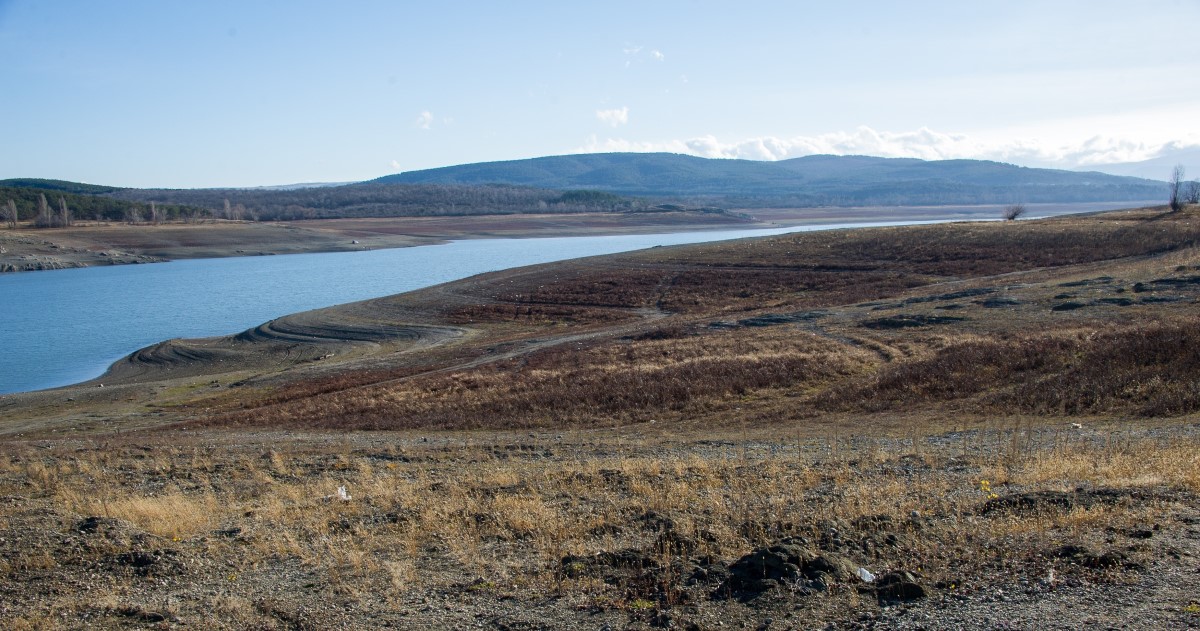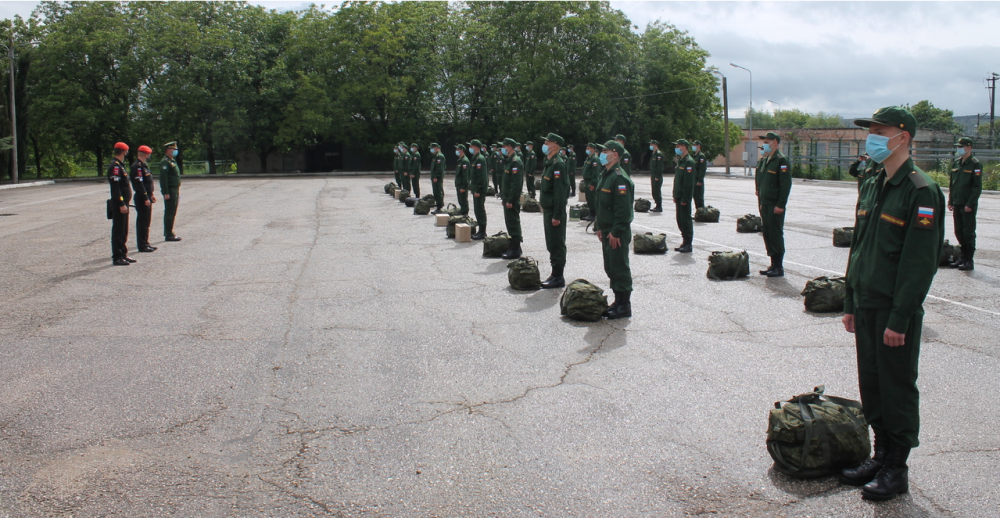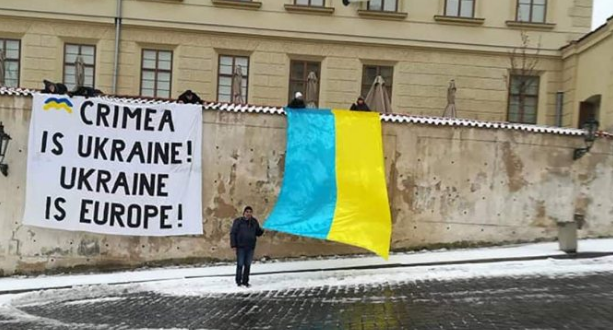On December 17, Vladimir Putin said that the mounting water crisis in Russia-occupied Crimea, a crisis that means most residents get water of low quality only four hours a day, can be solved by drilling into what he said are enormous supplies of fresh water lying under the Azov Sea
.
Such an enormously expensive project, typical of the giantism of the Soviet and Putin eras and unlikely ever to be realized even if Moscow spends money on it, will do little to help the people in Crimea now, problems that experts there say are the result of “the stupidity, thievery, and desire for government grants” on the part of the occupiers.
Ignat Bakin, a journalist for Moscow’s Znak news agency, says that the Ukrainian peninsula is currently suffering the worst drought since records began to be kept 150 years ago and that everyone agrees that the situation, which has hit the population, agriculture, and the region’s resorts, will only grow worse next year.
Sergey Tyumentsev, head of the Crimean branch of the Russian Greens Party, says that the situation was far from ideal even before 2014 but that since the beginning of the Russian occupation, things have gotten much worse both because Kyiv shut off the canal that supplied 85 percent of the water to the region and because Russian officials have compounded this by ill-informed decisions.
Over the last six years, the occupiers have been drilling expensive new wells even as they have shifted water from one place to another, to try to solve tactically an issue that requires a strategic approach, Tyumentsev says. Various Russian state agencies have even been selling water to one another, something that increases prices but not the amount of water available.
Crimean residents can no longer count on the water they do get being pure enough to drink, and agriculture on the peninsula has been devastated. In Soviet times, there were 400,000 hectares of irrigated land. By 2013, that had fallen to 140,000; but following the Crimean Anschluss
, it has collapsed to “no more than 10,000 hectares” and will continue to fall.
The result is what one would expect: rice production has ended, tomatoes and other vegetables are no longer being produced in commercial quantities, and they are now being imported from Azerbaijan and Türkiye at far higher prices than ever before, Tyumentsev points out.
Farmers and officials are drilling ever more and ever deeper wells, but such moves are having increasingly “negative consequences for the environmental system,” as the pumped water is increasingly saline and thus harmful to crops, the land, and to anyone who might drink it, the environmentalist says. Salt content of water in Crimea has tripled over the last six years.
One reason that the water supply situation has become so critical is that occupation officials don’t have the studies allowing them to make informed decisions; but a far greater one is that they appear to view the crisis as a way to extract more money from Moscow rather than as something they need to solve to protect the lives of the people on the peninsula.
Moscow is now promising to throw 50 billion rubles (700 million US dollars) at the problem in the coming years; but without a plan to address water purification issues, most of that money will be pocketed by occupation officials rather than be used to address the drought. It and the life of the people under Russian occupation will only get worse.
Next year, in fact, Tyumentsev says, the problems are likely to be far worse than now, creating both an economic and humanitarian crisis that no one will be able to ignore.
Read More:
- Baku’s success in using Turkish drones raises question: Could Ukraine use them against Russia in Crimea?
- Crimeans have tap water only six hours a day as all Russian attempts to hydrate occupied peninsula fail
- UNGA vote on militarization of Crimea highlights Moscow’s international isolation on Ukraine, Portnikov says
- International Criminal Court finally agrees to open case regarding war crimes in occupied Crimea and Donbas
- Is Crimea now costing Russia more than it is worth?
- Austrian company secretly continued Crimean opera project after public denials
- Parades and propaganda: how Russia erases the Ukrainian identity of kids in occupied Crimea
- Crimean Tatars in the crosshairs of Russia’s war on Muslims
- War Books. Recording the Russo-Ukrainian War in Crimea and the Donbas
- Unprecedented drought hits Russian-occupied Crimea, which can’t overcome water shortage without Ukraine





